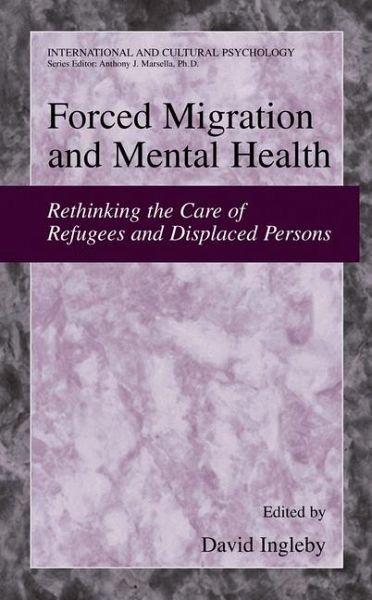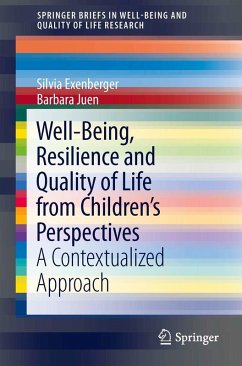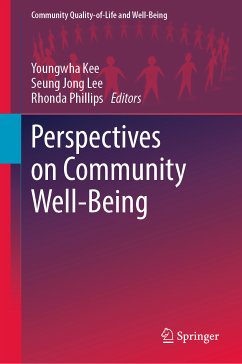
Forced Migration and Mental Health (eBook, PDF)
Rethinking the Care of Refugees and Displaced Persons
Redaktion: Ingleby, David
Versandkostenfrei!
Sofort per Download lieferbar
112,95 €
inkl. MwSt.
Weitere Ausgaben:

PAYBACK Punkte
56 °P sammeln!
Although forced migration is not new in human history it has become, in our time, one of the world's major problems. In the last few decades, armed conflict and political unrest have created vast numbers of asylum seekers, refugees and displaced persons. This has led, in turn to increasing involvement of professional care workers and agencies, both governmental and nongovernmental. While there is no doubt on the part of helping parties that care is necessary, there is considerable debate about the kind of care that is needed. This book presents a critical review of mental health care provision...
Although forced migration is not new in human history it has become, in our time, one of the world's major problems. In the last few decades, armed conflict and political unrest have created vast numbers of asylum seekers, refugees and displaced persons. This has led, in turn to increasing involvement of professional care workers and agencies, both governmental and nongovernmental. While there is no doubt on the part of helping parties that care is necessary, there is considerable debate about the kind of care that is needed. This book presents a critical review of mental health care provisions for people who have had to leave their homeland, and explores the controversies surrounding this topic. Providing fresh perspectives on an age old problem, this book covers humanitarian aid and reconstruction programs as well as service provision in host countries. It is of interest to all those who provide health services, create policy, and initiate legislation for these populations.
Dieser Download kann aus rechtlichen Gründen nur mit Rechnungsadresse in A, B, BG, CY, CZ, D, DK, EW, E, FIN, F, GR, HR, H, IRL, I, LT, L, LR, M, NL, PL, P, R, S, SLO, SK ausgeliefert werden.













